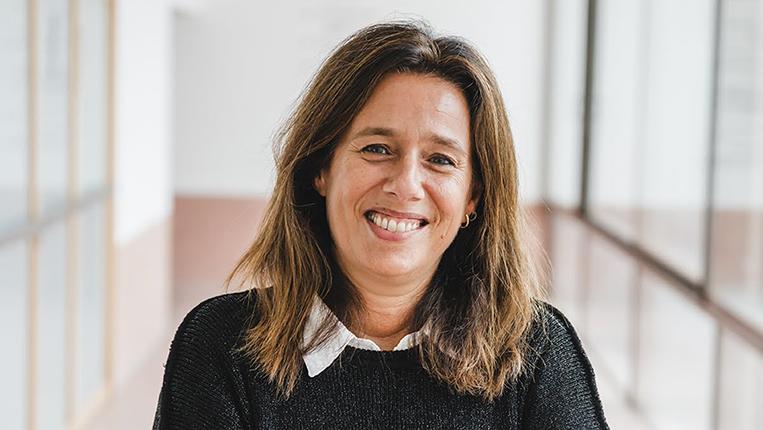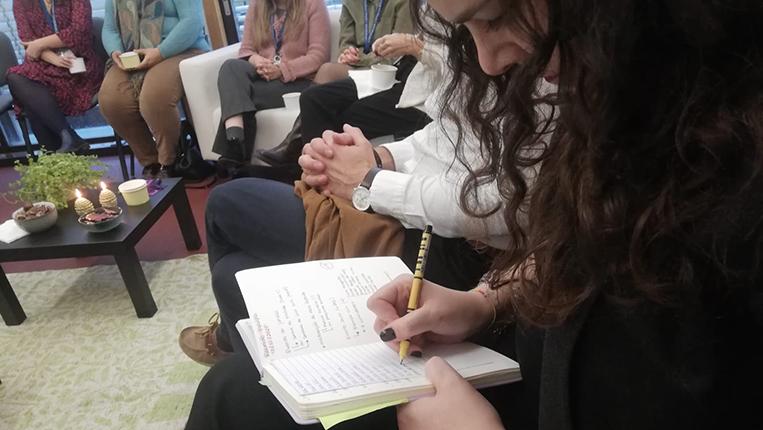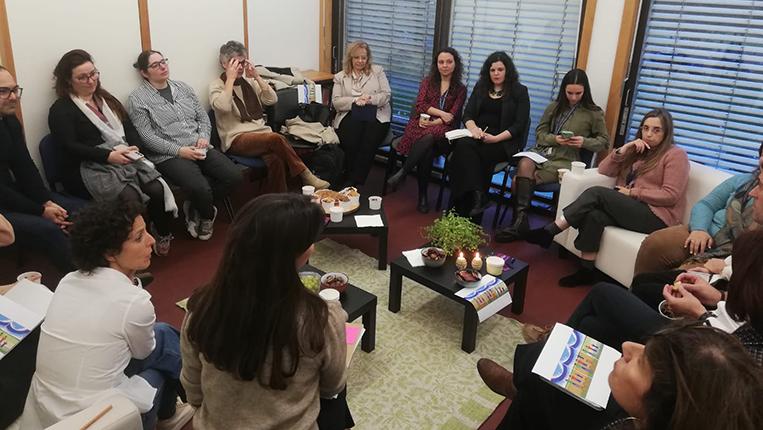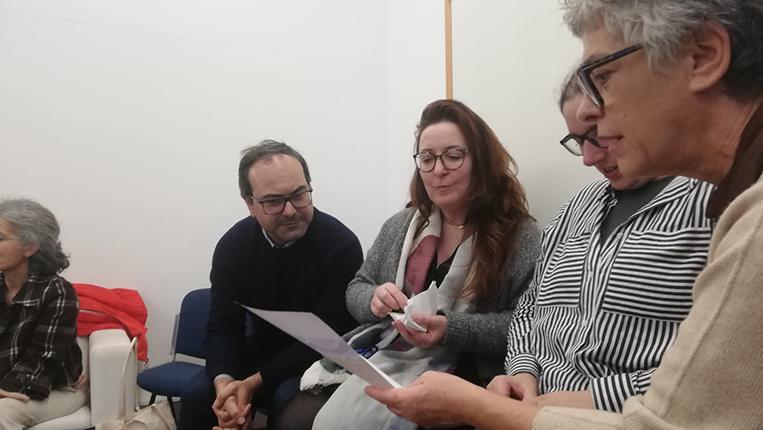Under the motto “One curriculum, multiple possibilities: Universal Design for Learning,” the first session of the second edition of Católica TIPS – Teaching Innovation Partnerships took place. This initiative, promoted by the Católica Learning Innovation Lab (CLIL), has been bringing together faculty members and researchers from the Universidade Católica Portuguesa around key themes of pedagogical innovation in Higher Education.
As in previous meetings, the session unfolded in an atmosphere of shared reflection and interdisciplinary inspiration, reinforcing the collaborative spirit that characterizes the program. The discussion opened with the analysis of an image, which served as a starting point for exploring strategies to make classes more inclusive for all students.
According to Inês Monteiro, specialist in pedagogical innovation at the CLIL – Católica Innovation Lab, “our goal in introducing the concept of UDL in a Católica TIPS session was precisely to ‘break the ice’ around inclusive education in higher education and around a broader conceptualization of diversity than usual, all in a relaxed and informal environment. We aimed to raise questions such as: What are we already doing in our classrooms? And what can we do? Translating these reflections into simple and concrete actions. Through peer sharing, we wanted to create moments of inspiration and insight capable of prompting thoughts like: ‘I had never thought of this, but it makes sense and is something I can easily include in my classes”.
During the session, participants reflected on the importance of anticipating and removing barriers in the learning process, moving beyond later adaptations to address specific difficulties. It was emphasized that anticipating potential barriers helps create more equitable educational experiences, preventing situations in which students feel singled out as “special cases.” This proactive anticipation benefits all students, acknowledging that many who would gain from such support do not formally have that status.
The discussion also highlighted how this approach can be developed strategy by strategy, in a progressive and realistic manner, following the Plus One Approach, which encourages gradual improvement adapted to each teacher’s context and classroom. Inclusive practices already present in everyday teaching activities were also acknowledged, recognizing the role of each educator as an agent of innovation and inclusion.
Universal Design for Learning (UDL), the central concept of the session, was presented as a pedagogical model based on three fundamental principles that consider not only the cognitive dimension but also the affective aspect of the educational process. Within this framework, the session emphasized strategies that promote student engagement and motivation, enhance accessibility in the delivery of content, and allow students to demonstrate their learning in multiple ways.
Thus, Católica TIPS launched its second edition with extremely positive results, supported by the active participation of faculty and researchers from various academic units of the University.







